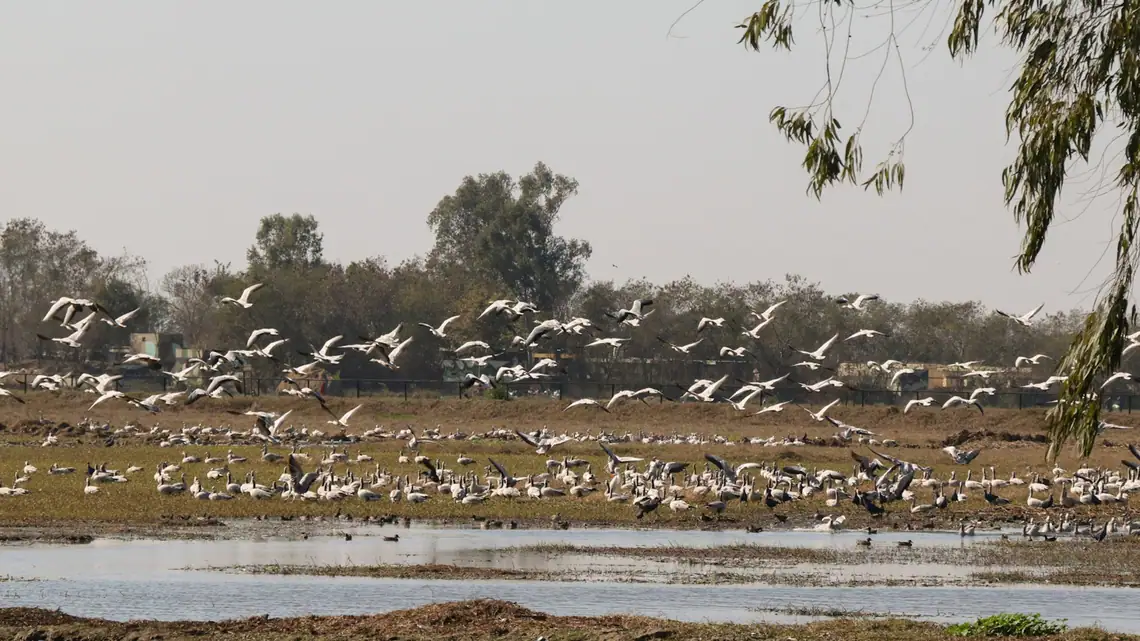Understanding the Long-Term Effects
In recent years, climate change has become an increasingly pressing issue, with its effects being felt across the globe. Among the most vulnerable ecosystems are coastal wetlands, which play a crucial role in maintaining biodiversity and providing essential ecosystem services. A new study sheds light on the possible impact of climate change on coastal wetlands, offering insights into what the future may hold for these vital ecosystems.
Setting the Stage: A Unique Opportunity for Research
Traditionally, researchers have relied on computer models to predict the long-term effects of rising sea levels on coastal wetlands. However, a fortuitous turn of events provided researchers from Tulane University with a rare opportunity to observe firsthand the potential future of these marshes. Following hurricanes Katrina and Rita, the researchers established a comprehensive network of nearly 400 monitoring sites along the Louisiana coast.
Unprecedented Rate of Sea-Level Rise
What they discovered was alarming. The rate of sea-level rise in the region had accelerated to more than 10 millimeters (half an inch) annually, surpassing the global average by at least three times. This rapid rise in sea levels exposed the region to the kind of oceanic inundation not expected until around 2070. The findings, detailed in a press release, underscore the urgent need for action to mitigate the impacts of climate change on coastal ecosystems.
The Implications for Coastal Wetlands
Increased Vulnerability to Coastal Flooding
One of the most immediate consequences of rising sea levels is the increased vulnerability of coastal wetlands to flooding. As sea levels continue to rise, these low-lying ecosystems face the threat of more frequent and severe inundation events. This not only poses a direct risk to the plants and animals that call these wetlands home but also threatens the communities that rely on them for protection against storm surges and erosion.
Loss of Habitat and Biodiversity
Coastal wetlands are among the most biodiverse ecosystems on the planet, providing habitat for a wide range of plant and animal species. However, as sea levels rise, these vital habitats are at risk of being submerged, leading to the loss of critical habitat for countless species. This loss of biodiversity could have far-reaching consequences for ecosystem health and resilience, with ripple effects felt throughout the entire coastal ecosystem.
Disruption of Ecosystem Services
In addition to supporting a diverse array of plant and animal life, coastal wetlands also provide a range of valuable ecosystem services. From filtering pollutants and trapping sediment to buffering against storm surges and providing nurseries for commercial fisheries, these ecosystems play a crucial role in supporting human well-being. However, as the impacts of climate change intensify, the ability of coastal wetlands to provide these services may be compromised, putting both ecosystems and human communities at risk.
The findings of this study paint a sobering picture of the future of coastal wetlands in the face of climate change. With sea levels rising at an unprecedented rate, these vital ecosystems are facing unparalleled challenges. However, by understanding the potential impacts of climate change and taking proactive steps to address them, we can work towards safeguarding these invaluable ecosystems for future generations




